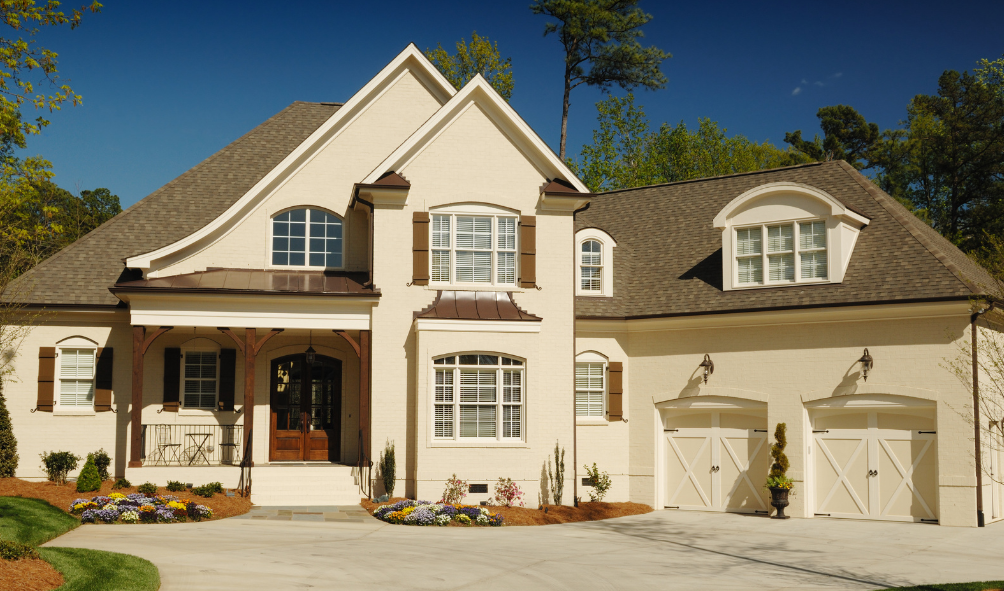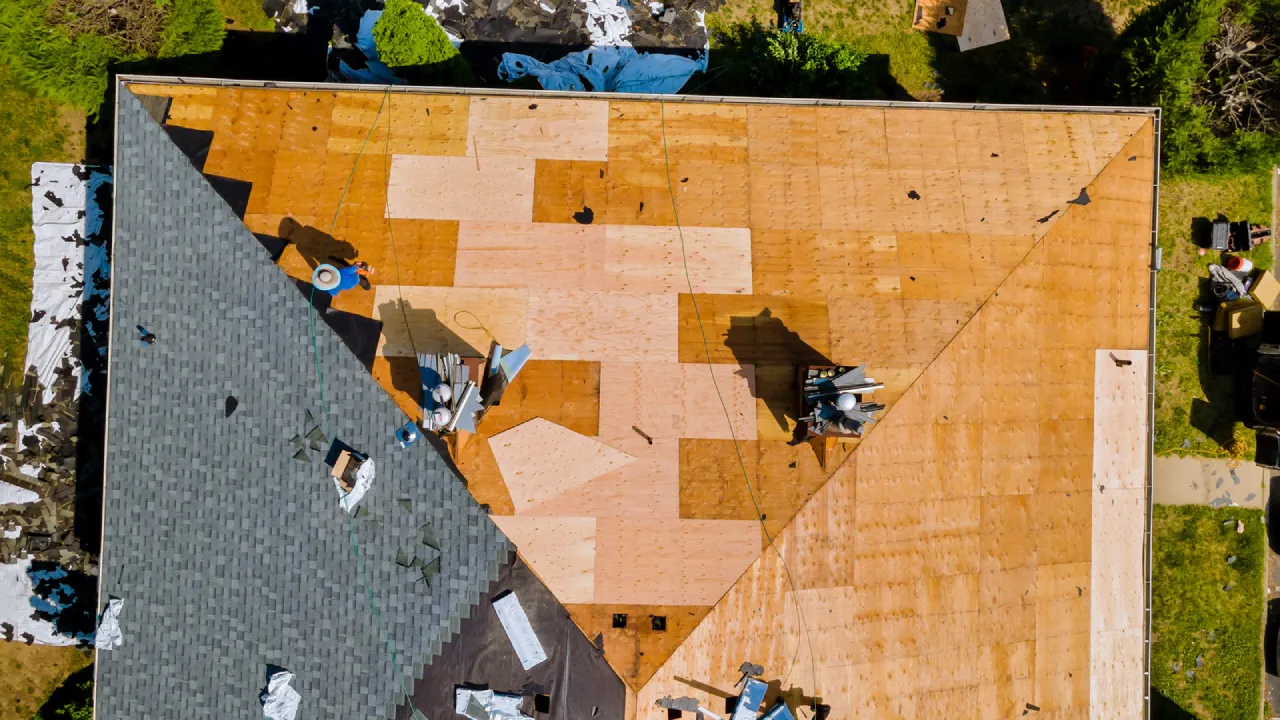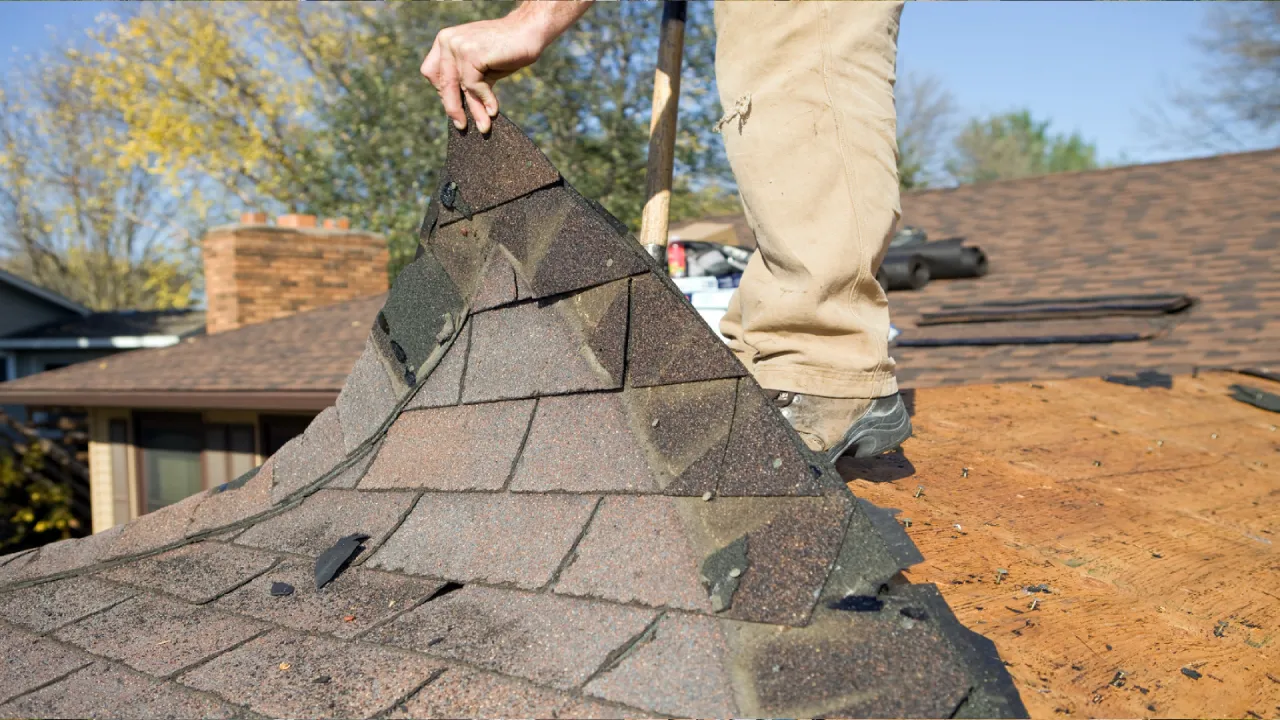
Roofs are an essential part of any structure, protecting the interior from the elements and providing safety and comfort. However, for a roof to effectively perform its function, it’s crucial to choose the right type of sheathing. Here, we’ll explore four popular roof coating options, each with its own unique features and benefits.
Silicone roof coating has gained popularity in recent years due to its durability and weather resistance. It is composed primarily of silicone polymers that adhere strongly to various surfaces, including metal, concrete and asphalt. Some of the advantages of this type of coating include:
Acrylic roof coatings are a popular choice due to their ease of application and affordability. These coatings are composed primarily of acrylic polymers that form a protective coating on the roof. Some of their most prominent features are:
Urethane coating is known for its abrasion resistance and exceptional durability. It is formulated with urethane resins that provide solid protection against the elements. Some of the benefits associated with this type of coating are:
Asphalt coatings, also known as roofing tar, are a traditional choice for flat or low-slope roofs. They are composed primarily of polymer-modified tar for improved strength and durability. Some key characteristics of this type of coating are:
In conclusion, choosing the right siding for a roof depends on several factors, including geographic location, type of structure and available budget. Each type of siding has its own advantages and limitations, so it is important to carefully evaluate your specific needs before making a decision, which is why we invite you to contact us to assist you with the entire siding process.


Comments are closed